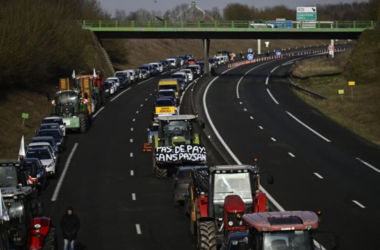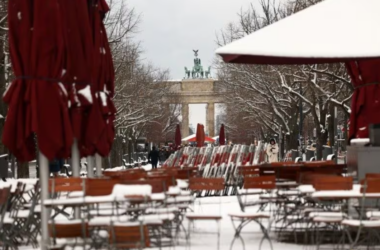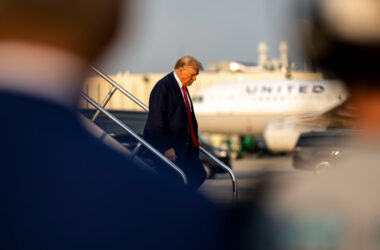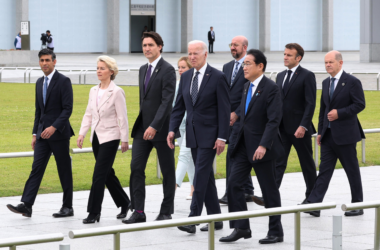The International Court of Justice (ICJ) has declined to issue emergency measures to protect Mexico’s embassy in Quito, following a controversial raid by Ecuadorian police. The decision comes after Mexico lodged a complaint with the United Nations’ top court in response to the April 5 raid, which many viewed as a violation of diplomatic conventions.
The incident involved Ecuadorian police storming the Mexican embassy to arrest former Vice President Jorge Glas, leading Mexico to argue that Ecuador had breached its sovereignty. Mexico demanded an apology from Ecuador and threatened to seek the country’s suspension from the UN.
Although a final ruling on Mexico’s complaint may take years, Mexico requested the ICJ to order Ecuador to take immediate measures to ensure the security and protection of its embassy. However, ICJ President Nawaf Salam stated that Ecuador had already provided assurances that address Mexico’s concerns.
“The court considers that there is at present no urgency requiring preliminary orders,” Salam said, highlighting Ecuador’s repeated commitments to ensure the safety and security of the Mexican embassy and its property.
Alejandro Celorio Alcantara, legal adviser for Mexico’s Foreign Affairs Ministry, acknowledged Ecuador’s pledges as a positive step but emphasized the need for broad reassurance. “We would want to see all of the political actors in Ecuador reassuring that an embassy cannot be violated,” he stated, underscoring the importance of upholding the inviolability of diplomatic missions.
The case has strained relations between Mexico and Ecuador. In response to Mexico’s complaint, Ecuador filed a counter-complaint at the ICJ, accusing Mexico of interfering in its domestic affairs and misusing its diplomatic compound to shield Glas from the law. Glas, twice convicted on charges of bribery and misuse of public funds, had been staying at Mexico’s embassy since December 17, 2023. His arrest was ordered by a judge at the end of December after he failed to meet parole requirements.
The tensions were exacerbated by Mexican President Andres Manuel Lopez Obrador, who granted political asylum to Glas hours before the raid. Critics accused Lopez Obrador of misusing asylum status to support political allies, a move that Ecuador responded to by declaring Mexico’s ambassador persona non grata.
The raid on the embassy drew widespread condemnation for violating international laws, including the 1961 Vienna Convention on Diplomatic Relations. The Organization of American States (OAS) expressed solidarity with the Mexican embassy and called for a resolution between the two countries. The US Department of State also emphasized the importance of respecting the inviolability of diplomatic missions under international law.
A three-member Ecuadorian tribunal declared the raid illegal on April 13 but upheld Glas’s imprisonment. The situation remains a significant diplomatic challenge, highlighting the delicate balance of international relations and the importance of diplomatic protections.








